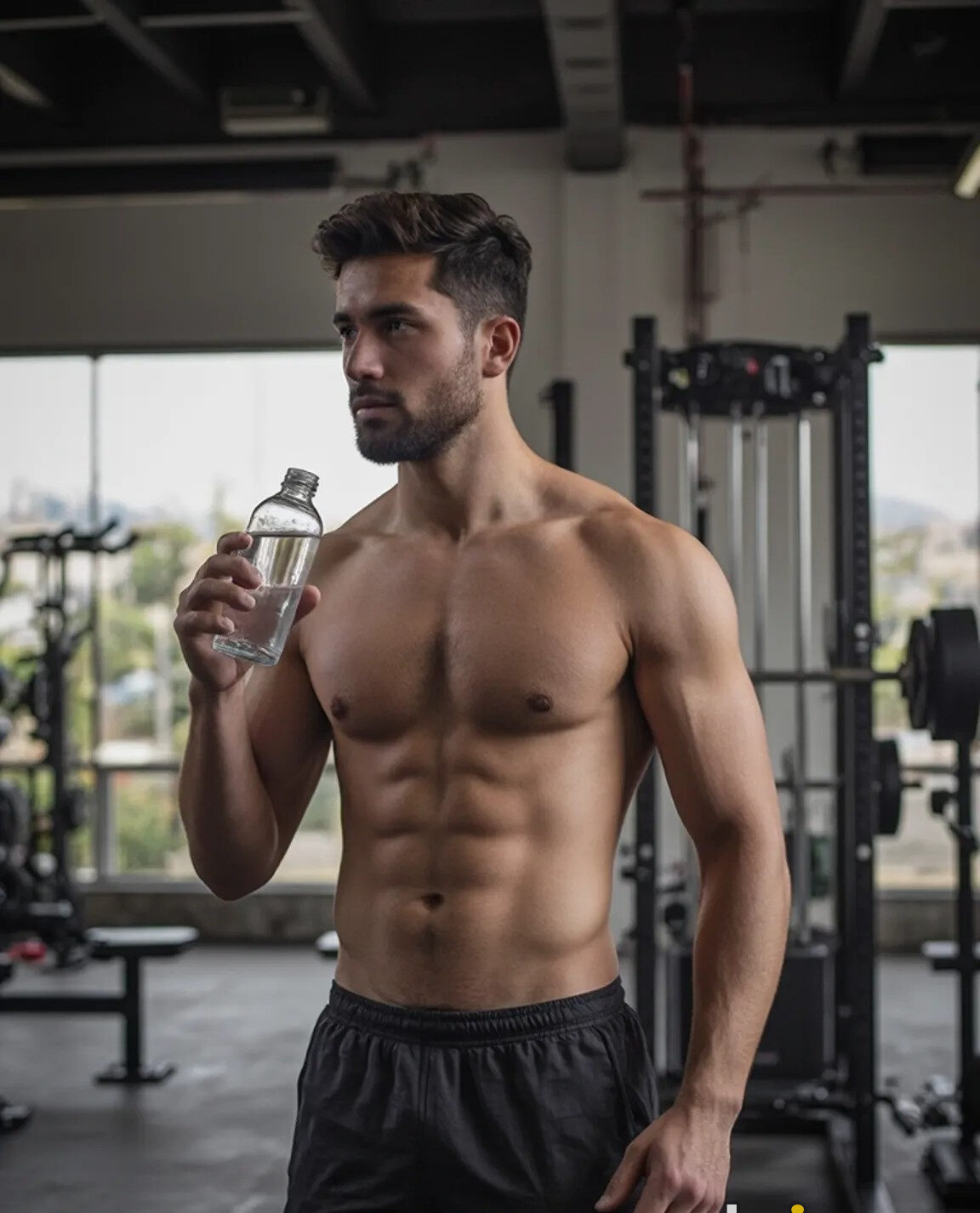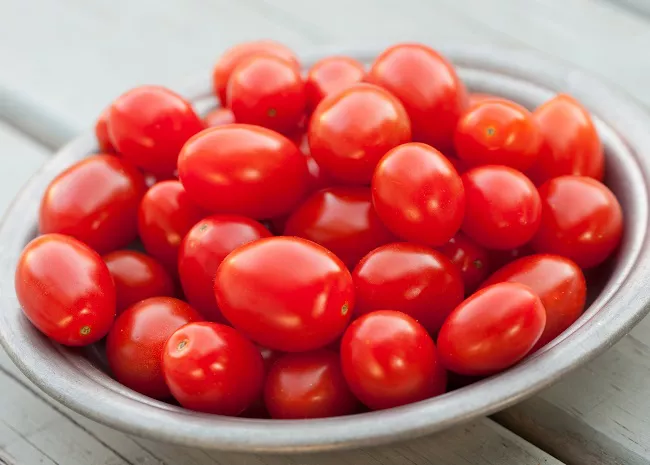The Power of Staying Hydrated: Your Guide to Optimal Health and Wellness
The Power of Staying Hydrated

The Power of Staying Hydrated: Your Guide to Optimal Health and Wellness
Water is the essence of life. It makes up about 60% of the human body and plays a critical role in nearly every bodily function, from regulating temperature to supporting digestion and maintaining energy levels. Yet, in the hustle of daily life, many of us overlook the simple act of staying hydrated. Proper hydration is more than just drinking water when you’re thirsty—it’s a cornerstone of a healthy lifestyle that can boost your physical performance, enhance mental clarity, and even support weight loss goals. In this comprehensive guide, we’ll explore why staying hydrated is vital, how much water you really need, and practical tips to make hydration a seamless part of your routine. Whether you’re an athlete, a busy professional, or simply someone looking to feel their best, this article will quench your thirst for knowledge and set you on the path to optimal wellness.
Why Hydration Matters
Hydration isn’t just about preventing thirst—it’s about keeping your body in balance. Water is involved in countless physiological processes, and even mild dehydration can lead to noticeable effects on your health and well-being. Here’s why staying hydrated is non-negotiable:
1. Supports Physical Performance
Whether you’re hitting the gym or just going for a walk, water is your body’s best friend. It lubricates joints, regulates body temperature through sweating, and delivers oxygen to muscles. Dehydration, even at 2% body weight loss, can reduce endurance, increase fatigue, and impair coordination. For athletes or anyone engaging in physical activity, staying hydrated is key to maintaining peak performance.
2. Boosts Brain Function
Your brain is about 75% water, so it’s no surprise that hydration directly impacts cognitive performance. Studies show that even mild dehydration can impair focus, memory, and mood. Drinking enough water keeps your brain sharp, helping you stay productive at work or school and reducing feelings of irritability or mental fog.
3. Promotes Digestive Health
Water is essential for digestion, helping break down food and absorb nutrients. It also prevents constipation by softening stools and supporting regular bowel movements. Staying hydrated ensures your digestive system runs smoothly, reducing discomfort and bloating.
4. Aids in Weight Management
If you’re trying to lose weight, water can be a powerful ally. Drinking water before meals can help you feel fuller, reducing the likelihood of overeating. Additionally, water has zero calories, making it a smart alternative to sugary sodas or juices. Some studies suggest that drinking cold water may even slightly boost metabolism, as your body works to warm it up.
5. Enhances Skin Health
Want that radiant glow? Hydration plays a big role. Water helps maintain skin elasticity and flushes toxins from the body, reducing the risk of dryness or acne. While drinking water alone won’t erase wrinkles, it supports overall skin health by keeping it plump and resilient.
6. Prevents Chronic Health Issues
Chronic dehydration is linked to serious conditions like kidney stones, urinary tract infections, and even high blood pressure. By staying hydrated, you support kidney function, help regulate blood volume, and reduce strain on your cardiovascular system.
How Much Water Do You Need?
The age-old question: how much water should you drink? The answer varies based on factors like age, weight, activity level, climate, and overall health. A common guideline is the 8×8 rule—eight 8-ounce glasses (about 2 liters) per day. However, this is a starting point, not a one-size-fits-all solution.
- General Recommendations: The National Academy of Medicine suggests about 3.7 liters (125 ounces) for men and 2.7 liters (91 ounces) for women daily, including water from food and other beverages.
- Activity Level: If you exercise or live in a hot climate, you’ll need more to replace fluids lost through sweat. Aim for an extra 12 ounces for every 30 minutes of intense activity.
- Special Conditions: Pregnant or breastfeeding women, people with certain medical conditions (like kidney issues), or those taking medications that increase fluid loss may need adjusted intake. Always consult a doctor for personalized advice.
Your body also gets water from foods like fruits (watermelon, oranges) and vegetables (cucumbers, lettuce), which can contribute 20-30% of your daily fluid needs.
Signs You’re Not Drinking Enough
Listen to your body for clues of dehydration:
- Thirst (though it’s a late indicator)
- Dark yellow urine (aim for pale yellow)
- Dry mouth or lips
- Fatigue or dizziness
- Headaches or difficulty concentrating
If you experience these, it’s time to up your water intake.
Practical Tips for Staying Hydrated
Making hydration a habit doesn’t have to be hard. Here are actionable strategies to ensure you’re drinking enough water every day:
1. Carry a Reusable Water Bottle
Invest in a high-quality, reusable water bottle and keep it with you at all times—whether at work, the gym, or running errands. Choose one with measurement markers to track your intake. A stylish or insulated bottle can make drinking water more enjoyable.
Tip: Set a goal to finish your bottle by certain times of the day (e.g., half by noon, fully by 5 PM).
2. Infuse Your Water
If plain water feels boring, add natural flavor with slices of lemon, cucumber, mint, or berries. Infused water is refreshing and encourages you to drink more without the added sugars of sodas or flavored drinks.
Tip: Try combinations like cucumber-mint or strawberry-basil for a spa-like experience.
3. Set Reminders
In our busy lives, it’s easy to forget to drink water. Use phone alarms, apps, or even sticky notes to remind yourself to take sips throughout the day. Apps like WaterMinder or Hydro Coach can track your intake and send notifications.
4. Eat Water-Rich Foods
Incorporate hydrating foods into your diet. Watermelon, oranges, cucumbers, celery, and soups are excellent choices. These foods not only add fluids but also provide essential nutrients like vitamins and fiber.
Tip: Start your day with a hydrating smoothie made with spinach, berries, and a splash of coconut water.
5. Drink Before You’re Thirsty
Thirst is a sign your body is already slightly dehydrated. Sip water consistently throughout the day rather than chugging large amounts at once. This approach is easier on your system and ensures steady hydration.
6. Replace Sugary Drinks
Swap out sodas, energy drinks, or sweetened coffees for water or unsweetened herbal teas. These alternatives hydrate without the extra calories or artificial additives that can harm your health.
Tip: If you crave fizz, try sparkling water with a splash of fruit juice.
7. Hydrate During Exercise
Drink water before, during, and after workouts. For intense sessions lasting over an hour, consider electrolyte-enhanced drinks to replace sodium and potassium lost through sweat. However, plain water is usually sufficient for moderate exercise.
8. Create a Routine
Link drinking water to daily habits. For example, have a glass of water first thing in the morning, with every meal, or before brushing your teeth at night. Building these cues helps make hydration second nature.
Common Hydration Myths Debunked
Misinformation about hydration abounds. Let’s clear up some common myths:
- Myth 1: You need exactly 8 glasses of water daily. While a good guideline, your needs vary based on lifestyle and environment. Listen to your body and adjust accordingly.
- Myth 2: Coffee and tea dehydrate you. While caffeine is a mild diuretic, these beverages still contribute to your fluid intake, especially if consumed in moderation.
- Myth 3: You can’t drink too much water. Overhydration, though rare, can lead to a condition called hyponatremia, where sodium levels in the blood drop dangerously low. Balance is key.
- Myth 4: If you’re not thirsty, you’re hydrated. Thirst isn’t always a reliable indicator, especially in older adults or during exercise. Monitor urine color and energy levels for a better gauge.
Hydration for Special Populations
Certain groups need to pay extra attention to hydration:
- Athletes: Increased sweat loss means higher fluid needs. Electrolyte balance is crucial during long or intense workouts.
- Older Adults: Aging can dull thirst signals, increasing dehydration risk. Encourage regular sips and hydrating foods.
- Children: Kids may not recognize thirst, so parents should offer water frequently, especially during play or hot weather.
- Pregnant or Breastfeeding Women: Fluid needs increase to support fetal development or milk production. Aim for an extra 1-2 cups daily.
The Environmental Impact of Hydration Choices
Staying hydrated can also align with eco-friendly habits. Opt for reusable water bottles over single-use plastic to reduce waste. Choose tap water or filtered water at home instead of bottled water to save money and minimize your carbon footprint. If tap water quality is a concern, invest in a reliable water filter.
Conclusion: Make Hydration a Lifelong Habit
Staying hydrated is one of the simplest yet most powerful ways to support your health. From boosting energy and focus to aiding weight loss and preventing chronic conditions, water is a cornerstone of wellness. By incorporating practical habits like carrying a water bottle, eating hydrating foods, and setting reminders, you can make hydration a seamless part of your daily routine.
Start today by taking a moment to sip some water and reflect on your hydration habits. Small changes, like swapping soda for sparkling water or adding fruit to your glass, can make a big difference over time. Your body—and mind—will thank you for it.
Disclaimer: Consult a healthcare professional if you have medical conditions affecting fluid intake, such as kidney or heart issues, to ensure personalized hydration advice.




